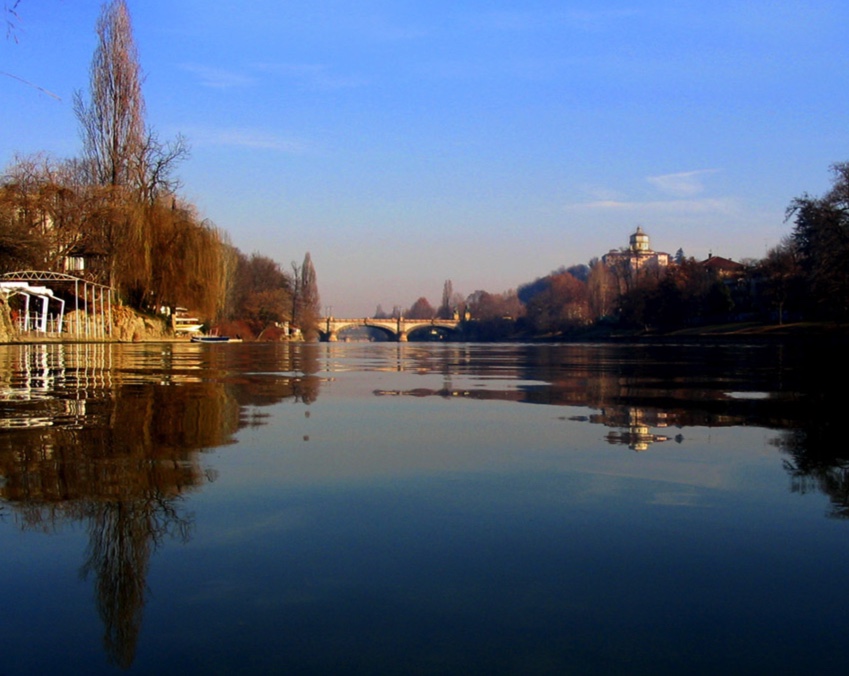Italy suffered its largest inland oil spill on February 23, 2010, when millions of gallons of oil was maliciously drained into a tributary of the Po River. Considered an act of sabotage—perhaps in retaliation by dismissed workers—the perpetrators have never been caught.

The discharge occurred from storage tanks along the Lambro River, an upstream tributary of the Po River. The Po is Italy’s longest river, flowing 400 miles west to east across the northern expanse of the nation, from the border with France and Switzerland to the Adriatic Sea just south of Venice. The river drains about a quarter of the Italian land mass, making it the largest watershed in Italy and one of the largest in Europe. The valley of the Po, called the Pianura Padana, is home to 17 million Italians (one-third of the total population), the cities of Milan and Turin, and the rich agricultural districts of Lombardy, Liguria, Emilia Romagna and others.
The spill occurred when saboteurs released 825,000 gallons of diesel fuel and fuel oil from tanks at an abandoned petroleum refinery about 20 miles north of Milan. The oil entered the Lambro River and shortly reached the main stem of the Po River. The Lambro has been considered the most polluted river in the entire Po basin, which includes more than 140 separate streams and small rivers. The oil slick extended over one mile and continued moving rapidly down the Po River, eventually reaching the Adriatic seacoast.
Although the release probably occurred at the hands of disgruntled refinery workers, Italian authorities called it “a true act of environmental terrorism.” Observers recorded hundreds of dead and moribund ducks and other birds, and fishermen along the river described the situation as “a stinking mess.”
This spill, however serious, ranks well down the list of major oil spills. The biggest in Italian waters was the breakup and sinking of the oil tanker MT Haven, off the coast at Genoa on April 11, 1991. A total of 44 million gallons were released. The largest purposeful release of oil occurred during the first Gulf War, when retreating Iraqi troops sabotaged Kuwait oil wells and terminals, releasing 168 million gallons into the Persian Gulf and billions of gallons onto the Kuwait landscape (learn more about this spill here).
References:
Giari, L. et al. 2012. The impact of an oil spill on organs of bream Abramis brama in the Po River. Ecotoxicology and Environmental Safety 77(1 March 2012):18-27. Available at: http://www.sciencedirect.com/science/article/pii/S0147651311003393. Accessed February 22, 2017.
Mosello, Beatrice. 2015. How to Deal with Climate Change? Springer International Publishing, Switzerland. (Chapter 4 – The Po River Basin). Available at: http://link.springer.com/chapter/10.1007/978-3-319-15389-6_4#page-1. Accessed February 22, 2017.
Oiled Wildlife Care Network. 210. Italy Oil Spill. Available at: https://owcnblog.wordpress.com/2010/03/01/italy-oil-spill/. Accessed February 22, 2017.
Squires, Rick. 2010. Italy’s longest river facing catastrophe after oil spill. The Telegraph, 25 Feb 2010. Available at: http://www.telegraph.co.uk/news/worldnews/europe/italy/7315220/Italys-longest-river-facing-catastrophe-after-oil-spill.html. Accessed February 22, 2017.
